

Damion Smy
Ford posts its biggest loss since the Global Financial Crisis
11 Hours Ago

Senior Contributor
Toyota’s first battery-electric vehicle (BEV), the bZ4X mid-sized SUV, could arrive in Australia before the end of 2022 – just a few months after it goes on sale in Japan and China.
But the top-selling carmaker has this week downplayed volume expectations.
MORE: Australia’s electric car launch calendar
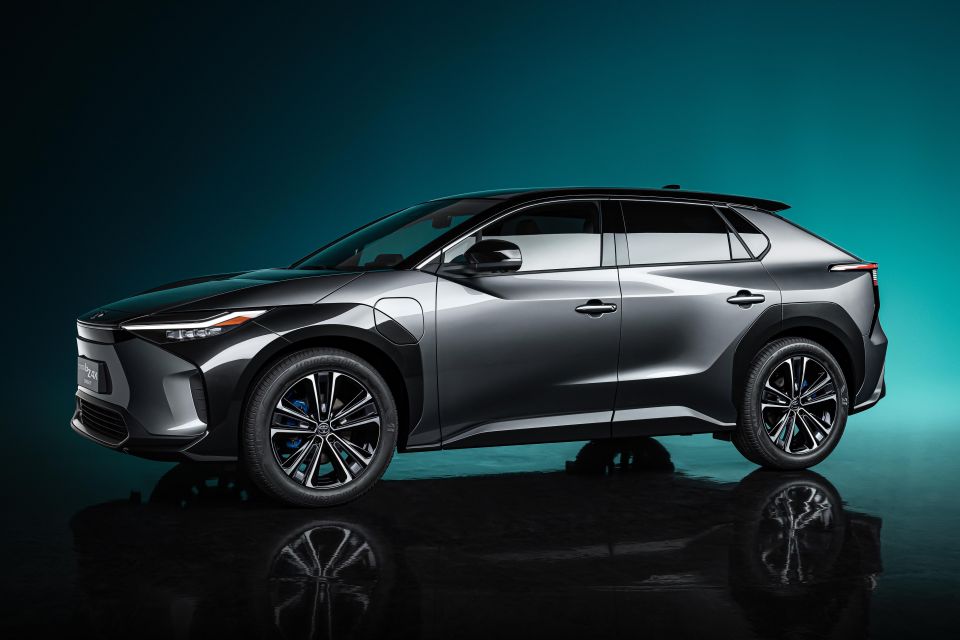
“We will introduce the bZ4X as soon as possible after the global launch, which is targeted for around mid-2022,” said Toyota Australia’s sales and marketing boss Sean Hanley this week.
“[Our dealers] are in fact very excited about the opportunity, and certainly embracing this… they’re as excited as we are about the recent announcements.”
The company’s product planning manager Rod Ferguson added: “… I don’t want it to turn into years. We’re targeting months”.
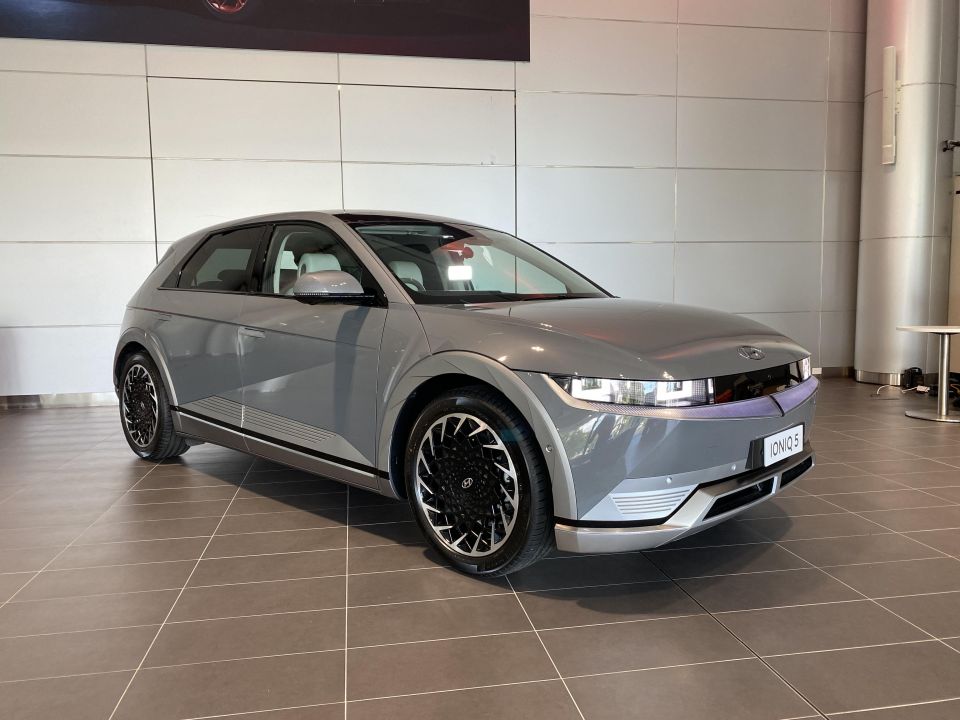
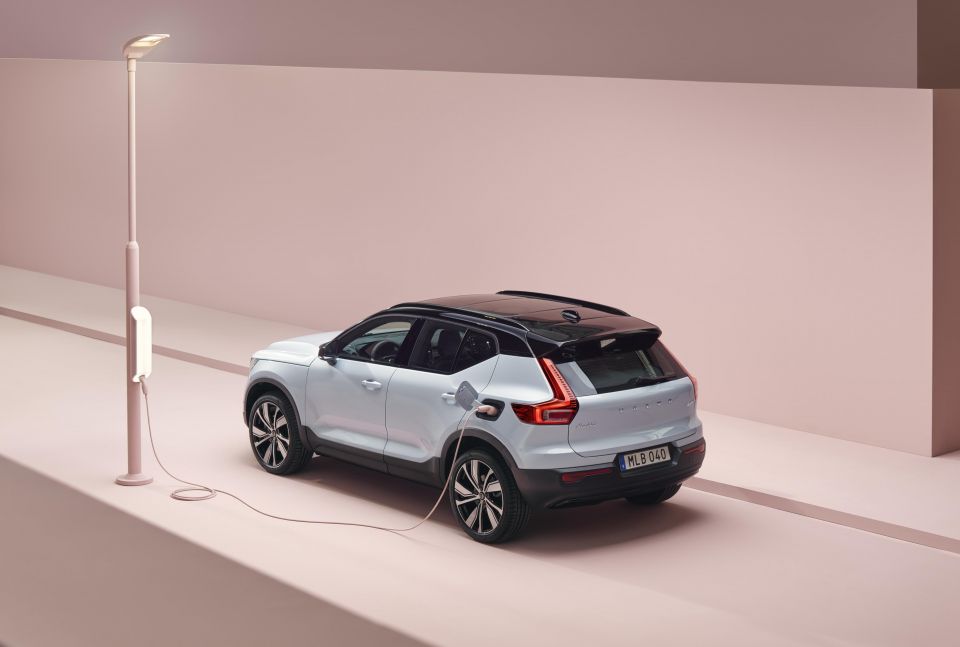
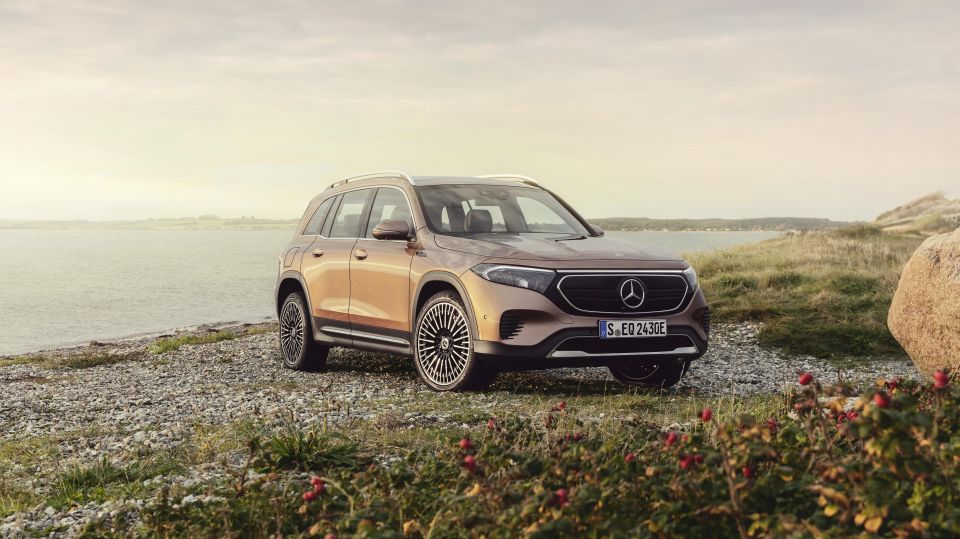
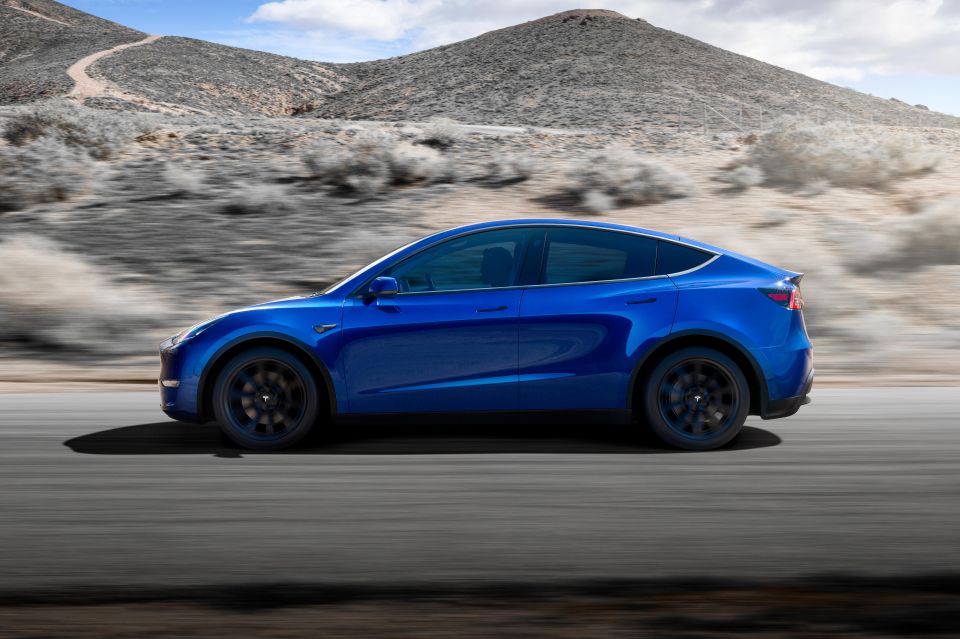
The bZ4X is about the same size as the highly popular RAV4 Hybrid which is still subject to six-month wait lists, and was premiered in near-production-ready concept form earlier this week in Shanghai.
It will line up against the likes of the Hyundai Ioniq 5, the Kia EV6, the Mercedes-Benz EQB, the Nissan Ariya, the Tesla Model Y, the Volvo XC40 Recharge.
But don’t expect the bZ4X to be a volume game-changer.
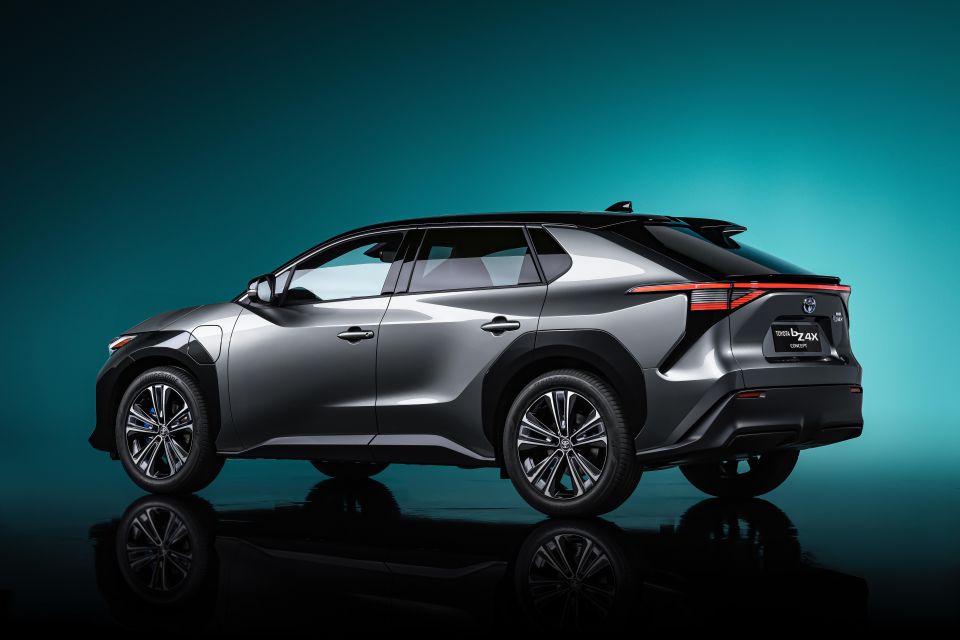
“Pricing will be announced closer to introduction, but this car will be expensive, as was the original Prius that we launched back in October 2001,” Hanley said bluntly.
“This is due to significant research and development cost recovery. Like hybrids, battery-electric vehicle adoption and affordability will take time, but certainly not 20 years. They will eventually become a sustainable means of mobility.”
Toyota has more than 20 per cent market share in Australia and the largest dealer network of any car brand. It therefore seems well-placed to increase mainstream adoption of EVs.
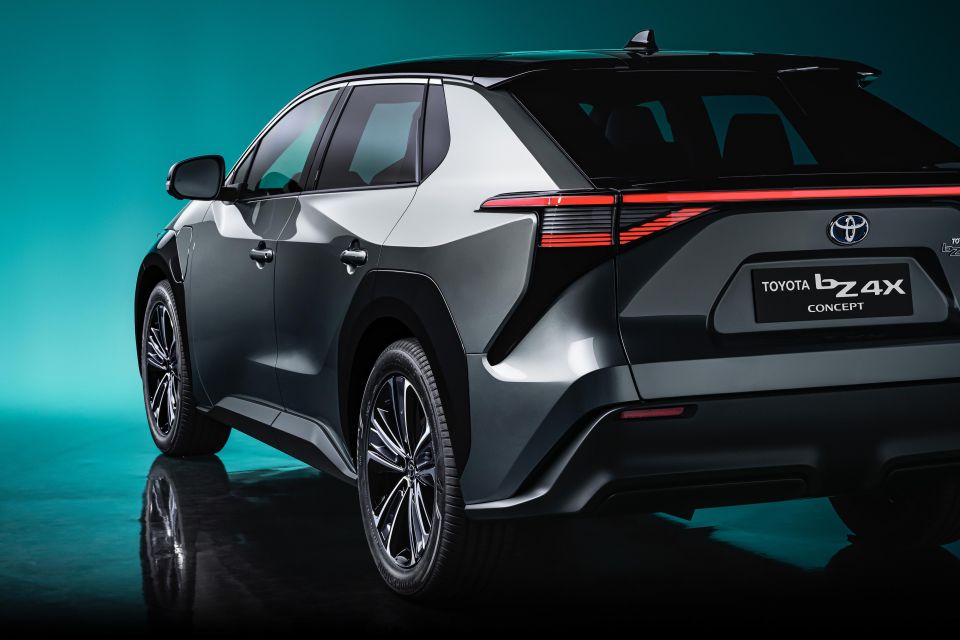
The ‘bZ’ (‘beyond Zero’) moniker will be applied to no fewer than seven full-electric car lines on bespoke platforms to be launched globally by 2025 – meaning a launch cadence of about two dedicated bZ-branded EVs per year.
This seven-strong ‘bZ’ line-up will be the backbone of the wider Toyota group’s plan for 15 BEV products, available in various regions, by that 2025 date. Some of these other EVs will be small-capacity, short-distance “ultra-compact BEVs” for megacities and ride-shares.
The Toyota bZ4x revealed in Shanghai was jointly developed with Subaru, and sits on the co-created ‘e-TNGA’ EV-dedicated architecture.
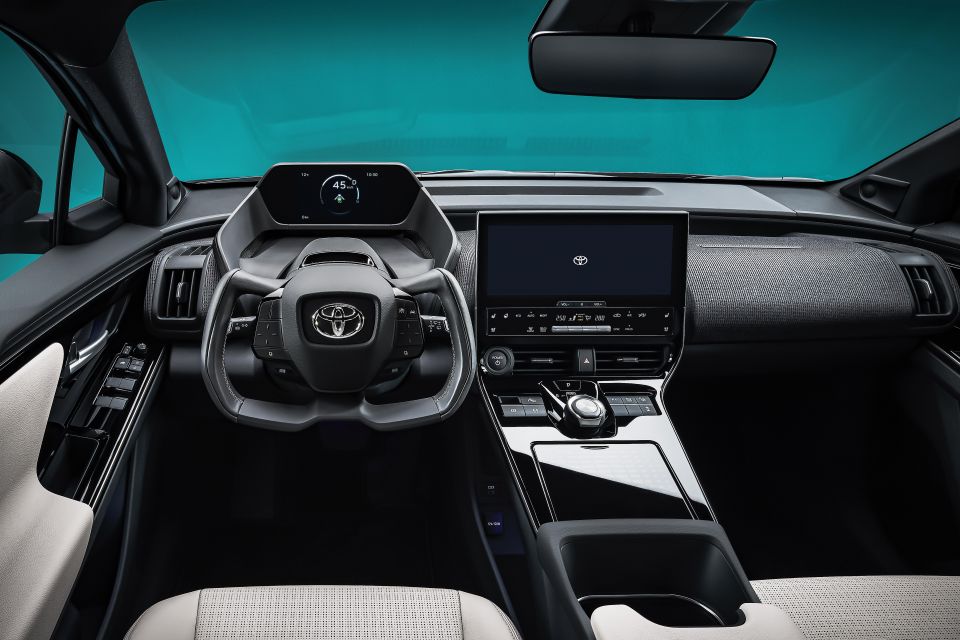
It’s promised to offer legroom equivalent to a a D-segment sedan, all-wheel drive developed by Subaru “with impressive off-road performance”, a steer-by-wire system and yoke-like wheel, stationary solar recharging, and a “cruising range that ensures customers [won’t be] inconvenienced in wintertime”.
While its first EV is still to arrive, Toyota is the overwhelmingly dominant player in hybrid cars. Last year sales in Australia topped 54,000, 26 per cent of its grand total.
“Our view is that eco-friendly vehicles can only make a meaningful reduction in CO2 if they achieve widespread use,” Mr Hanley said.
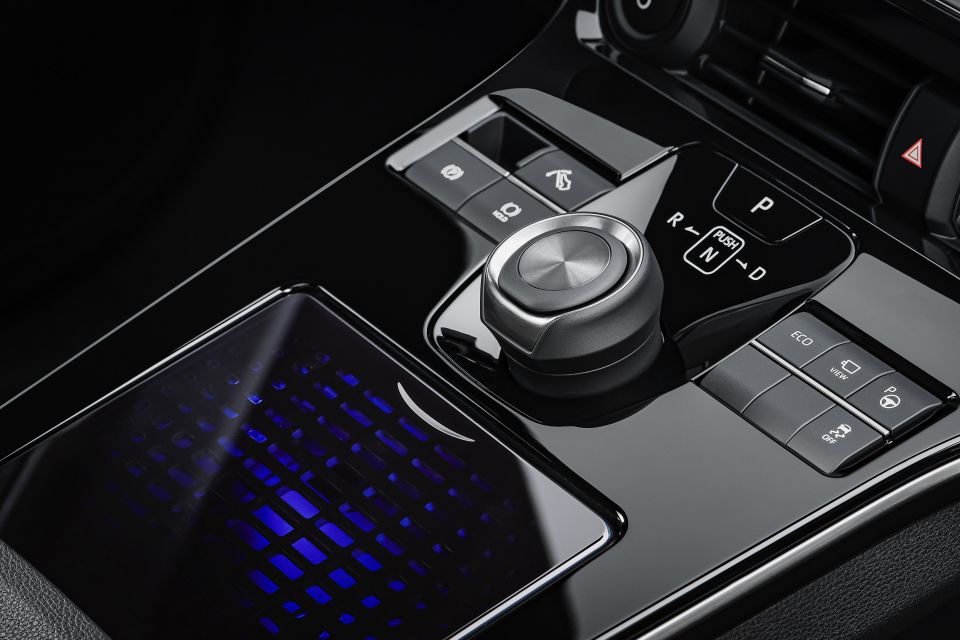
“Toyota will bring to market hybrid electric vehicles, plug-in hybrid electric vehicles, fuel-cell electric vehicles, and of course battery electric vehicles.
“…. In our thinking, to provide adequate choice to a market as diverse as this country in particular, we must offer a choice of electrification.
“And everybody’s very much, for many good reasons, tended to very much weigh heavily on ‘it has got to be a battery-electric vehicle if you want to get to CO2 reduction’.
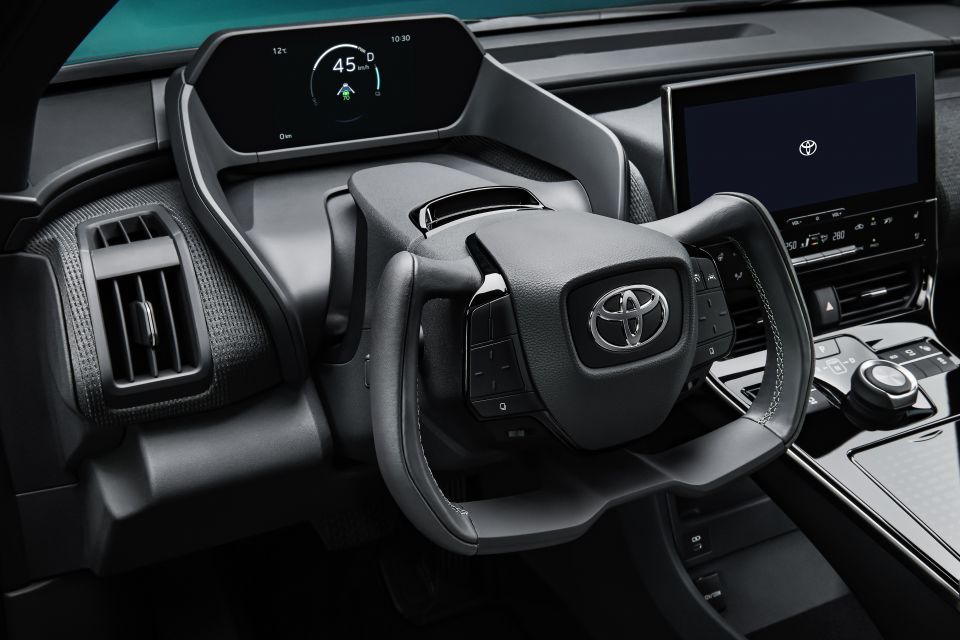
“What we’re saying is ‘no, it probably can’t be that in isolation, actually, because that might not deliver all the choices the consumer wants, therefore adoption would be a whole lot slower’.
“What we’re simply saying is that you must give choice… then the likelihood of you being able to bring a product out that provides that level of practicality, performance, affordability, and fit-for-purpose, suddenly becomes a whole lot realer.
“And therefore your electrification strategy will have a broader impact on society to reduce CO2 emissions.
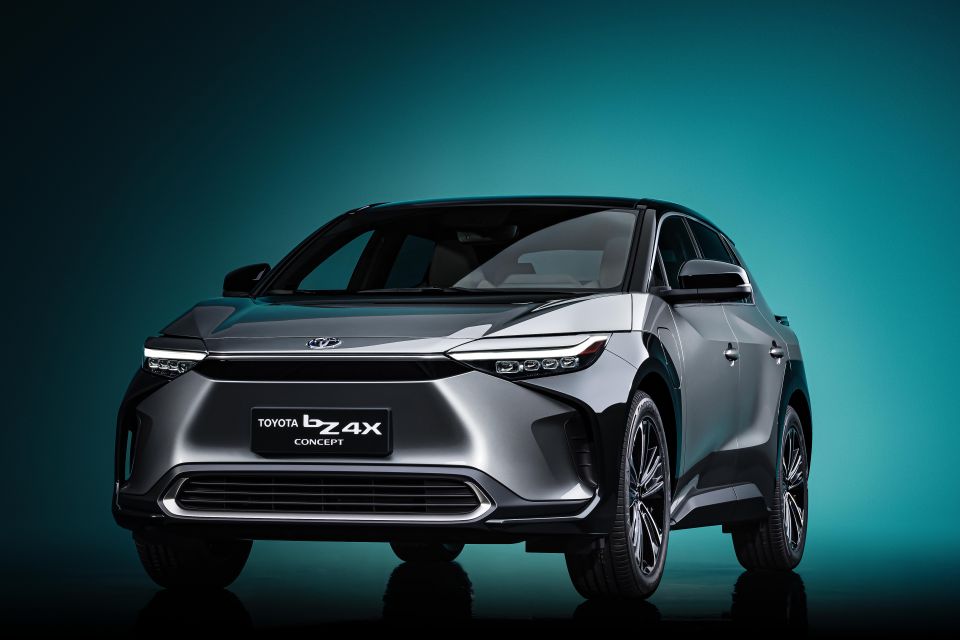
“Despite this week’s focus on battery electric vehicles, we just simply cannot achieve carbon neutrality by only turning out cars that are battery electric vehicles.”
MORE: Australia’s electric car launch calendar MORE: 2021 Toyota Mirai review MORE: Victoria’s ‘worst EV policy in the world’ slammed MORE: Toyota RAV4 PHEV not for Australia… yet MORE: Toyota LandCruiser, HiLux and Prado hybrids confirmed
Go deeper on the cars in our Showroom, compare your options, or see what a great deal looks like with help from our New Car Specialists.


Damion Smy
11 Hours Ago
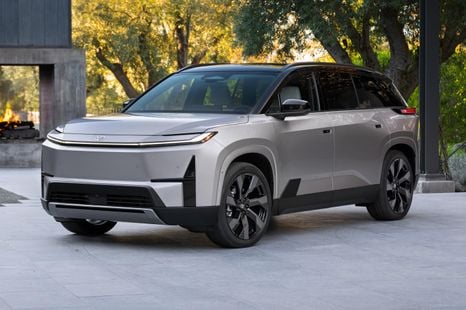

Damion Smy
12 Hours Ago
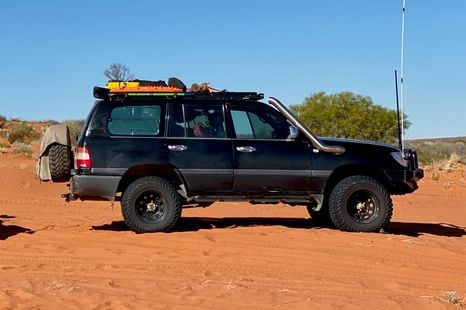

Ben Zachariah
14 Hours Ago
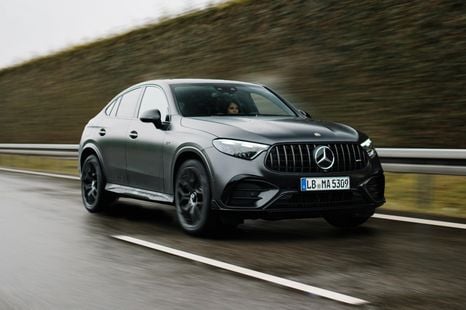

William Stopford
15 Hours Ago
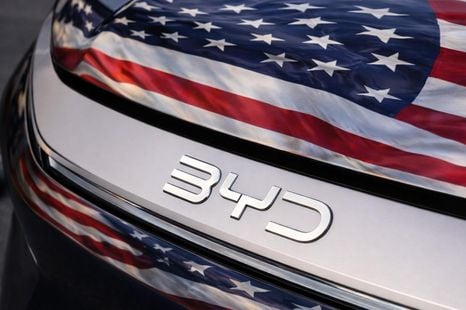

Damion Smy
17 Hours Ago
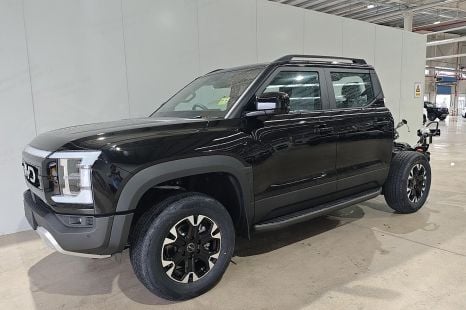

William Stopford
18 Hours Ago
Add CarExpert as a Preferred Source on Google so your search results prioritise writing by actual experts, not AI.